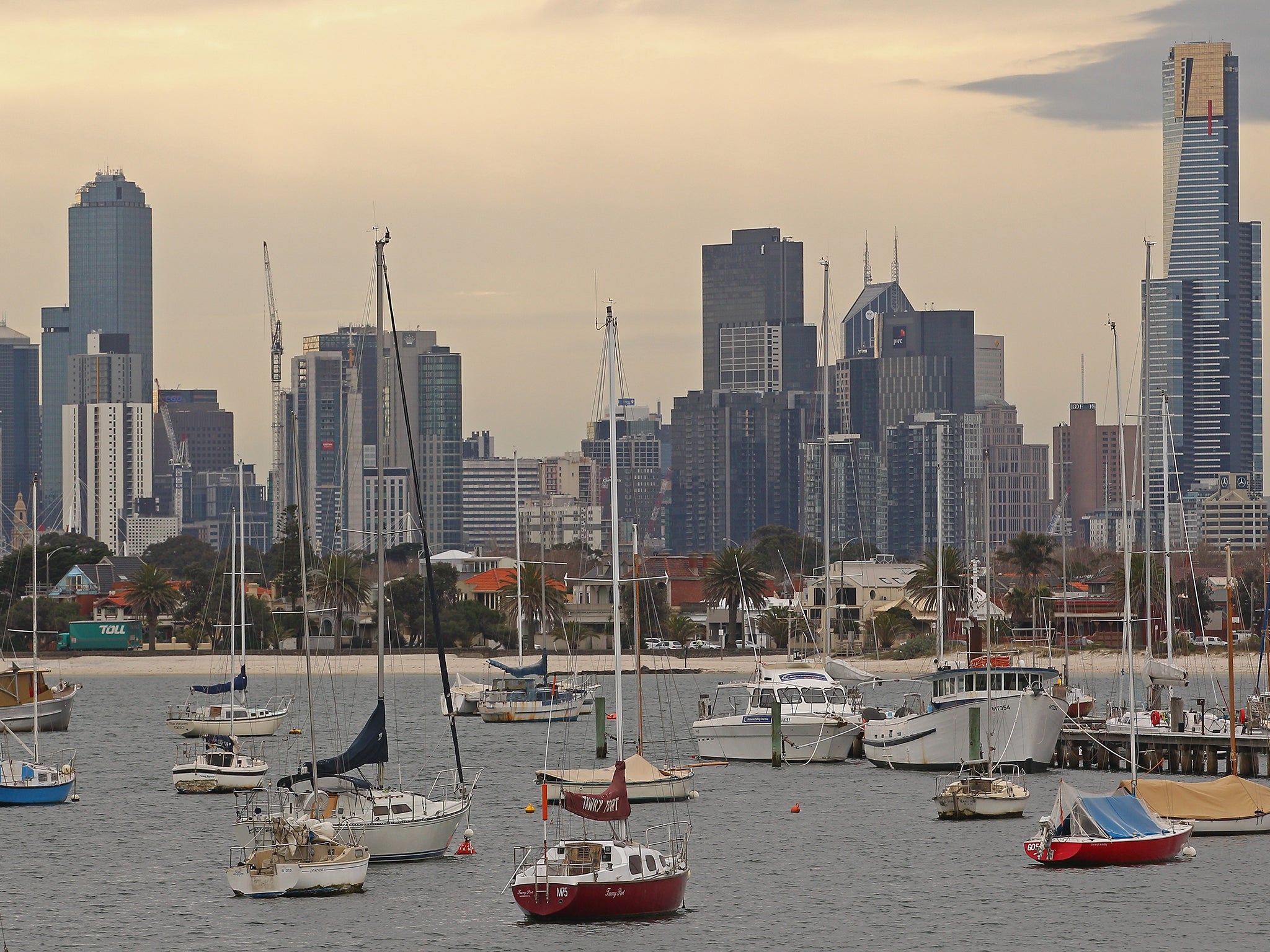The world's best and worst places to live: Melbourne named globe's most 'liveable' city
Australia and Canadian cities dominate the liveability rankings

The globe's best and worst cities have been named – with Canada and Australia again proving the most desirable countries to live in.
Taking the crown for the fifth consecutive year is the coastal city of Melbourne, ranked highly by the Economist's Intelligence Unit for stability, healthcare, culture and environment, education and infrastructure.
In second position was Vienna, while Adelaide and the Canadian cities of Vancouver, Toronto and Calgary round out the top six.
However, the most significant findings of the study show a significant drop in standards for a number of European cities.
Paris tumbles down the rankings as a result of January's Charlie Hebdo terrorist attacks. Domestic unrest in Athens has caused the Greek capital to slump and the wider regional conflict means Kiev is now deemed to be among the worst 10 cities on the list.
Zurich was the only Western European city to see its liveability ranking improve.
However, the authors of the report warn that the general living experience has declined in the past 12 months.
"The ranking [...] shows that over the last five years average liveability across the world has fallen thanks to an increased sense of global instability," says the report.
Yet it is the fifth year that Melbourne has won top place, with the Victorian capital winning perfect scores of 100 in the healthcare, education and infrastructure categories as well as in the sub-category of sport.
Other Australian cities also seemed unaffected by international events in the rankings, with Sydney, Perth and Brisbane maintaining their last year's positions.
Conflict, meanwhile, united the bottom ten of the 139 countries surveyed. Names such as Tripoli in Libya, Karachi in Pakistan and, at rock bottom, Damascus in Syria were all too familiar from international headlines.
Jon Copestake, editor of the survey, explained that conflict - whether bloody civil war or crime as a result of overstretched infrastructure - could have widespread "ripple" effects.
"The threat to personal safety [...] has knock-on implications for many other aspects of liveability," he said.
Join our commenting forum
Join thought-provoking conversations, follow other Independent readers and see their replies
Comments